Thana Faroq uses art to respond to the changes that have been shaping her life when fleeing from Yemen
In Meet the Creator we talk to inspiring creatives about their work and motivations. This time: Yemeni photographer and storyteller Thana Faroq, who uses art to respond to the changes that have been shaping her life when fleeing from Yemen to the Netherlands.
I meet Thana at the Rotterdam photography museum, where she is busy setting up for her exhibition. A stress inducing activity: due to the set-up of her exhibition which is deviating from the usual constructions in the museum. Thana likes to merge different forms of art together, rather than just showing photos. ‘’Frankly, I was getting a bit annoyed by the limitations of photos. Because how can I photograph a smell, a touch, a sound? I want all my senses to work,’’ she says. ‘’Often, I’m triggered by sounds. We exchange a lot of voice messages with family back home in Yemen. I would always pay attention to the sounds in the background, the tv, or a song playing, the guys shouting in the streets. And it is life that I’m hearing, the sounds are a flashback.’’ That is why her new installation consists of video, sounds and writing as well.
But it all started with the camera. ‘’But to be honest, if it wasn’t a camera, it could be something else. Words or painting. I needed something, a tool to express myself.‘’ Thana had her introduction to art thanks to a scholarship to study in Canada. There she got to know painting, filmmaking and photography.‘’ I did not have the experience to discover this in Yemen. My education abroad helped a lot.’’
Back in Yemen, she became more comfortable with the camera. ‘’I started documenting daily life, doing street photography in Yemen. Then picking up some assignments from NGO’s.’’ She values the advantages the camera as a medium gives her. ‘’When you hold the camera, you don’t worry about the access. I’m somewhere because of the camera. For me it was also an act of empowerment, I wanted to connect with my community.’’
“And then we started to watch movies together, while the bombs were falling, and the house was shaking. This was our way to cope with it, even trying to go against it.”
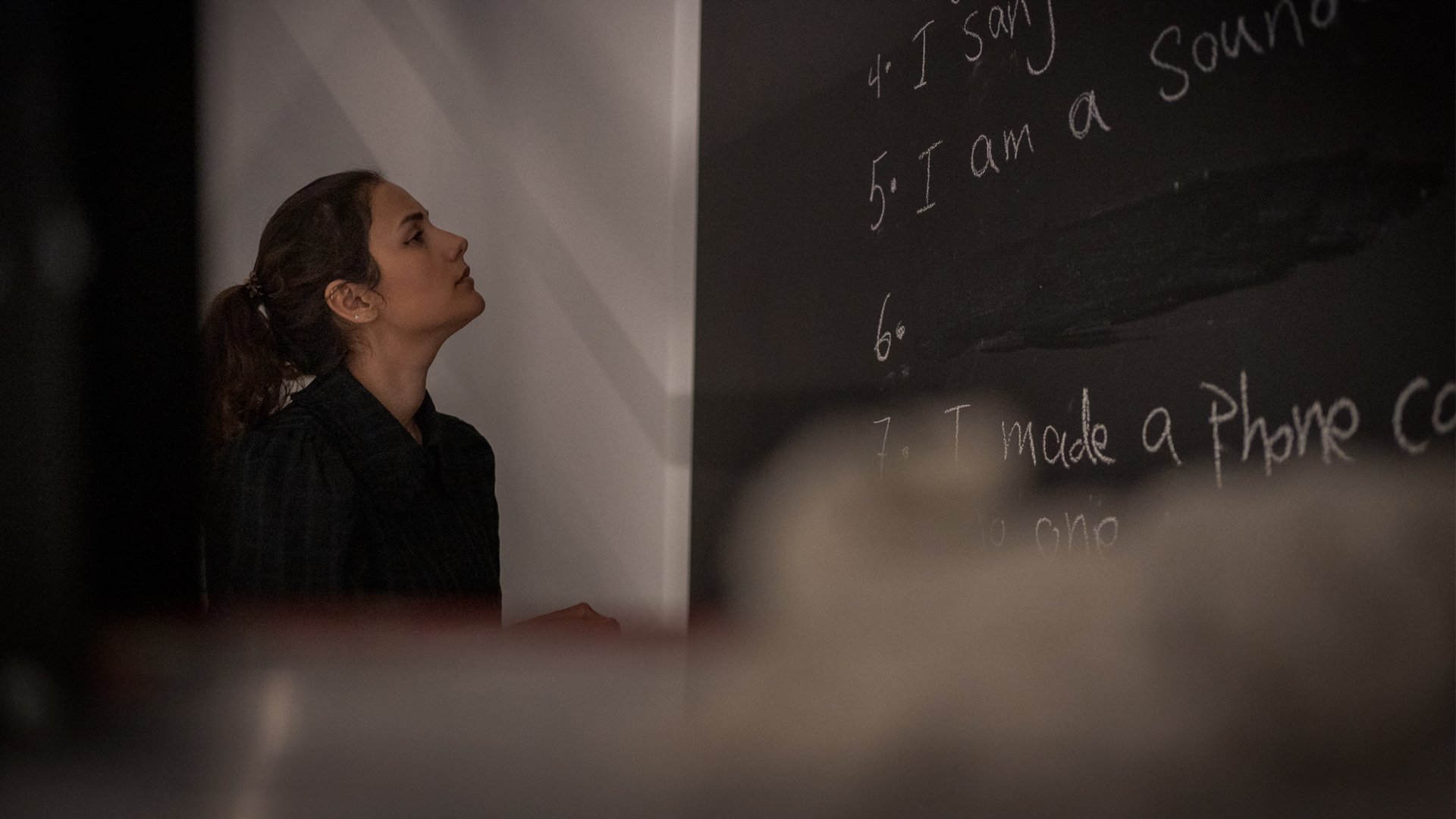
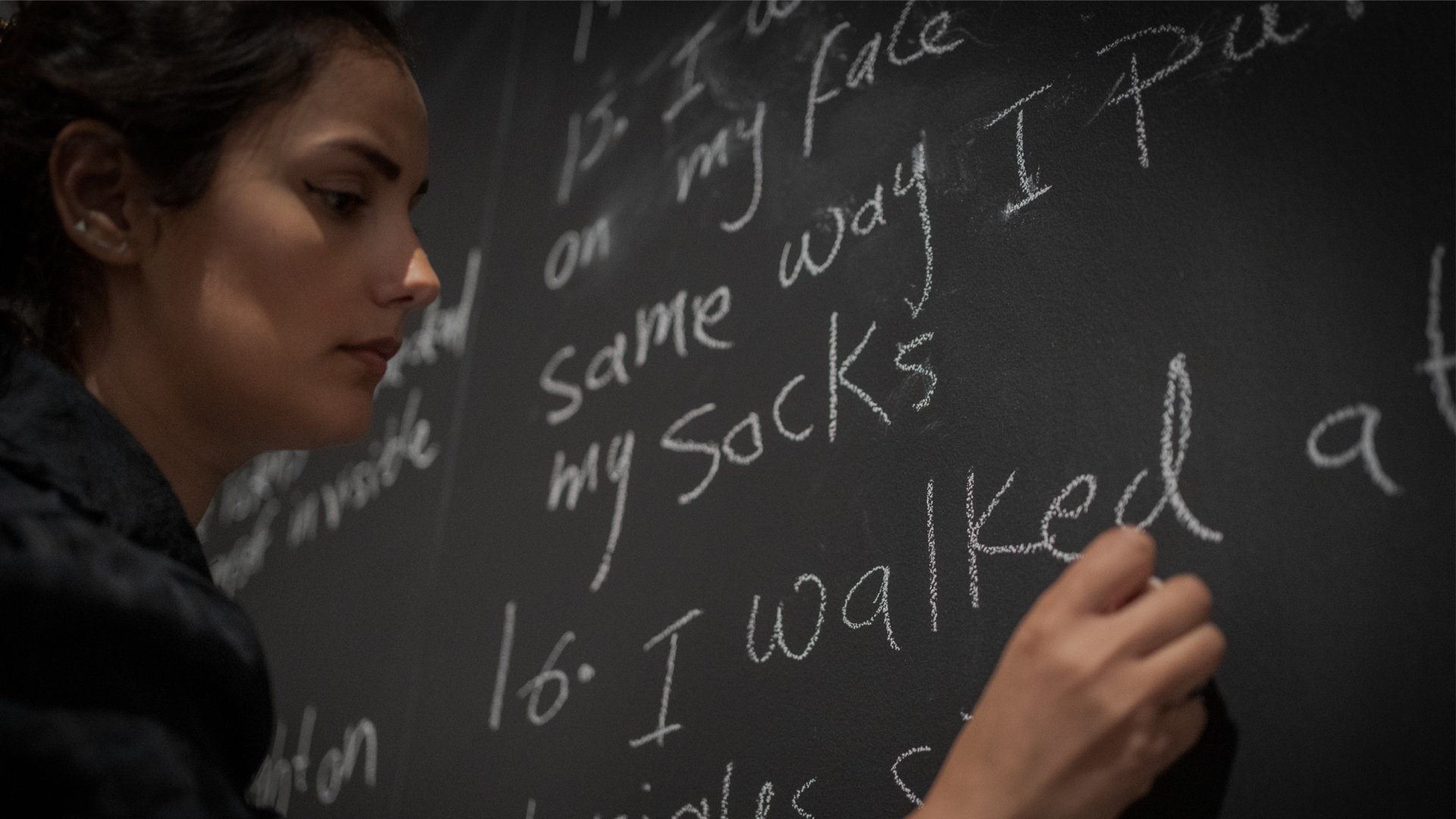
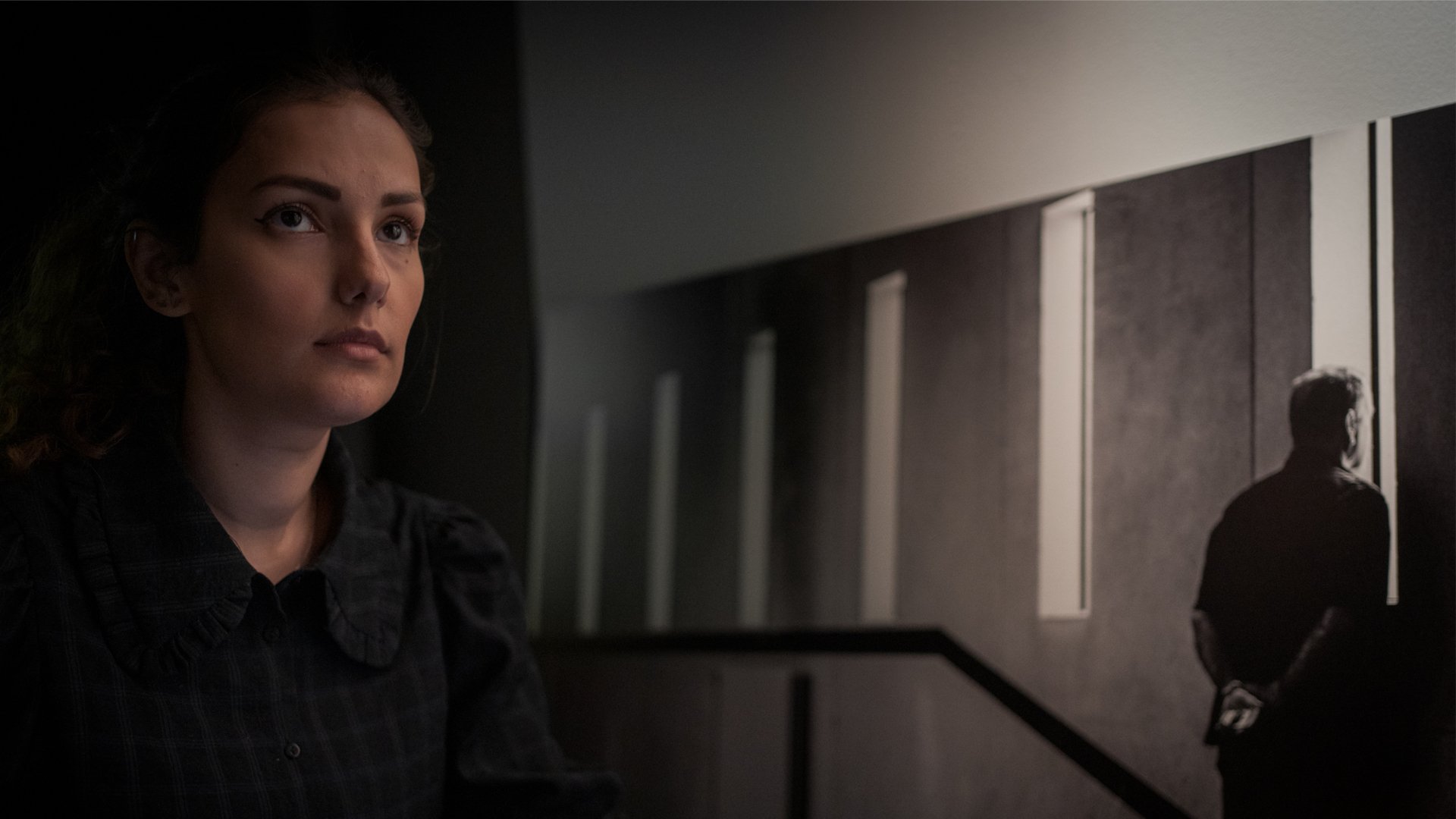
It wasn’t until 2015 that Thana really figured out what she wanted to do with photography. ‘’The war began. I said to myself, I’m not going to document the frontlines. The destruction, the killings, the tragedy. I wasn’t interested in that. During those times I remember that our entire family would always gather in the house. There was often no electricity, so we charged our laptop to the maximum when we did have it. And then we started to watch movies together, while the bombs were falling, and the house was shaking. This was our way to cope with it, even trying to go against it. I was interested in that, what happens inside the households during the war.’’
She then started to document the lives of women in their household during the war. ‘’I followed a number of women, visited their houses, documenting their day to day. And I thought: this is what photography is about, showing the invisible. The unseen.’’ Thana says she was inspired by her mum, who’s unwavering commitment to maintaining a normal day to day life despite what was happening around her was encouraging. ‘’When it was mealtime it was mealtime. Regardless of the whether bombs were falling or not. She would still always set the ‘’table’’ (which is the floor in Yemen) at mealtime. That is how I became interested in the resilience of women in times of war.’’
Impact of war
Thana regrets not having been able to completely finish the project as she wanted. However, the situation became too dire in Yemen and she fled to the Netherlands. Her own experiences and those of others of living through war, becoming a refugee, asylum centres and integrating in a new society, became the topic of her work. Projects followed on undocumented asylum seekers and her own story, titled ‘’I don’t recognize me in the shadows.’’
“You think you would leave the war and that is it, the war stays at home. But no, war lives in you, stays with you. What happens after we leave?”
The title indicates the heavy subject matter, and the many difficult emotions and feelings one goes through as a refugee. Feelings of loss, clinging on to dear memories, being uprooted.
‘’My work is about intergenerational trauma and the experience of migrants, their internal emotional landscapes. Moving from one place to another. Through photography, sound and writing I follow these changes, track them. While processing the trauma and the memories, the work aims to provide an answer to whether photography can heal or not.’’ Well, what is the answer to that question, I ask? ‘’I don’t know! I’m still exploring it,’’ Thana says laughing. Resuming seriously ‘’but no I don’t actually think art can heal. I dislike it when people say that. You give photography a lot of responsibility. But it is a beautiful tool to create an escape distraction.’’
Whereas her first project was focussed on her journey here and the difficult time she experienced, her upcoming project can be seen as a follow up. Titled ‘’How should we greet the sun,’’ it’s a change in tone. ‘’The idea is, you think you would leave the war and that is it, the war stays at home. But no, war travels with you, stays with you. So, what happens after we leave?’’ The project focusses on women migrants and refugees here in the Netherlands who have lived here for a few years already.
‘’I documented the aftermath that occurs after finding new soil to step safely upon. Physical belongings may not be ours anymore, but the emotional baggage that comes from the process of relocation comes for free; sponsored by life itself. We are in a kind of archaeological restoration programme, where we try to build and construct a new life over the ruins of our past losses. Our homes are under construction. Our bodies are under construction. Our finances are under construction.’’
This stems from Thana’s autobiography of her journey here. ‘’In the refugee camp, everyday around 4 pm we would gather around the table. Just me and the women. We were having a good time, so chilled, talked about everything, except the war and asylum,’’ Thana says with increasing intonation and excitement, when recalling the cherished memory, despite it being set in a difficult moment of her life.
‘’It was so fascinating to meet women who had decided to do the journey by themselves, while their husbands were still at home. They travelled and did everything by themselves. Back home women don’t get that kind of appreciation and now I could see; they’ve done it, they made it here. Unusual for them to do it alone. Not to generalize but women in our society were taken for granted, we were not relied on, we were expected certain roles. So this book gives recognition to these brave women.’’
Selected work by Thana Faroq
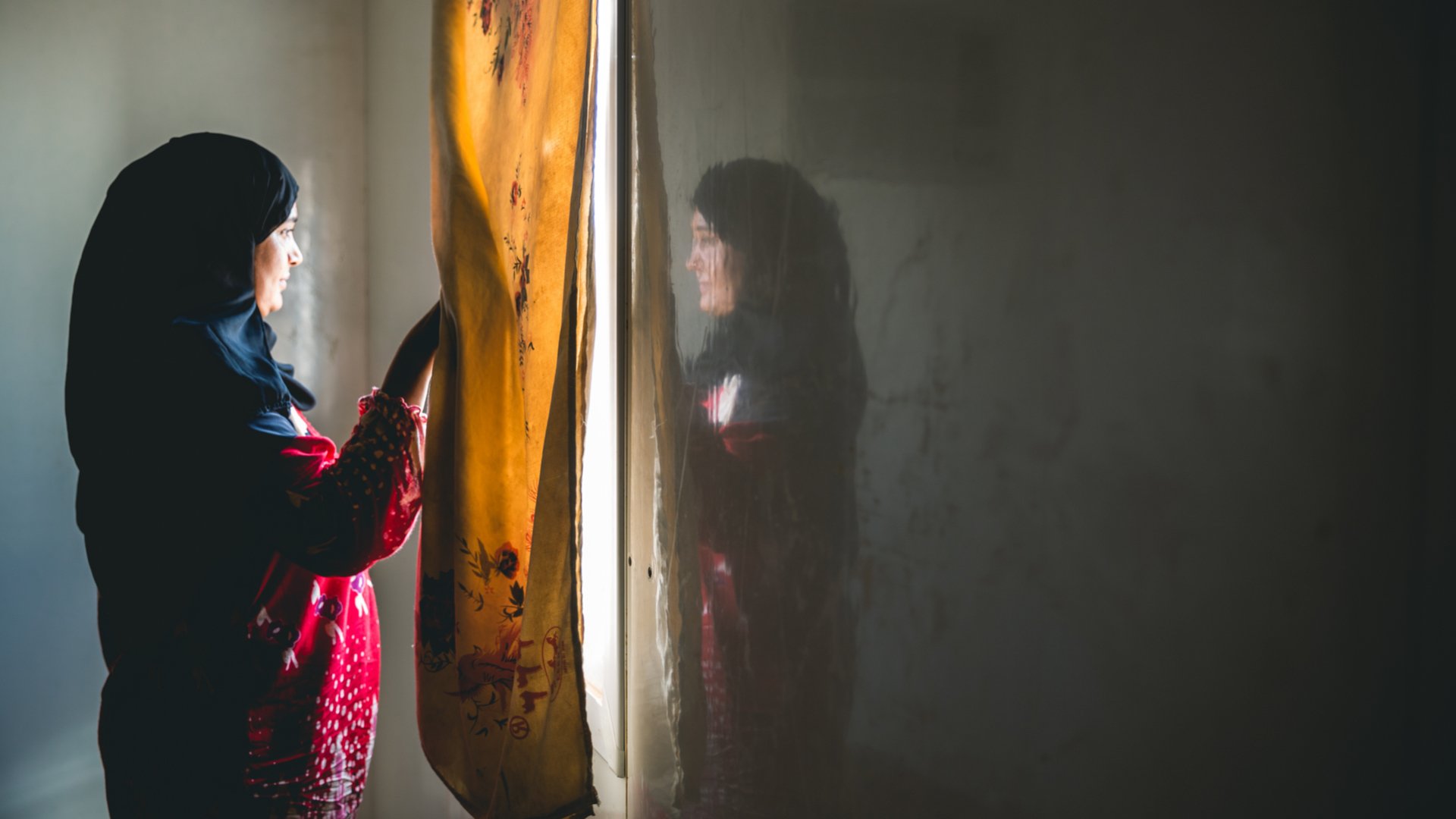
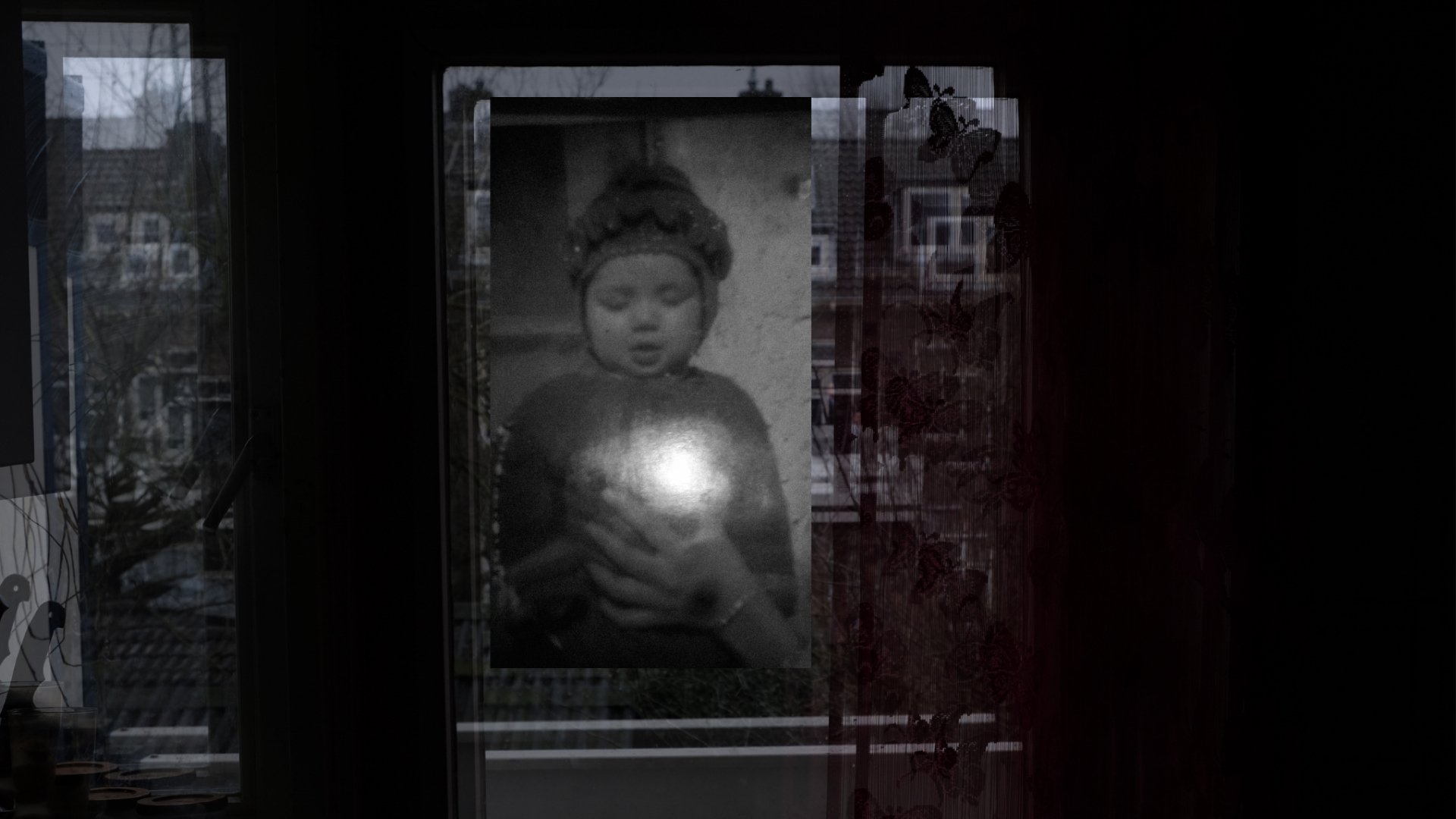
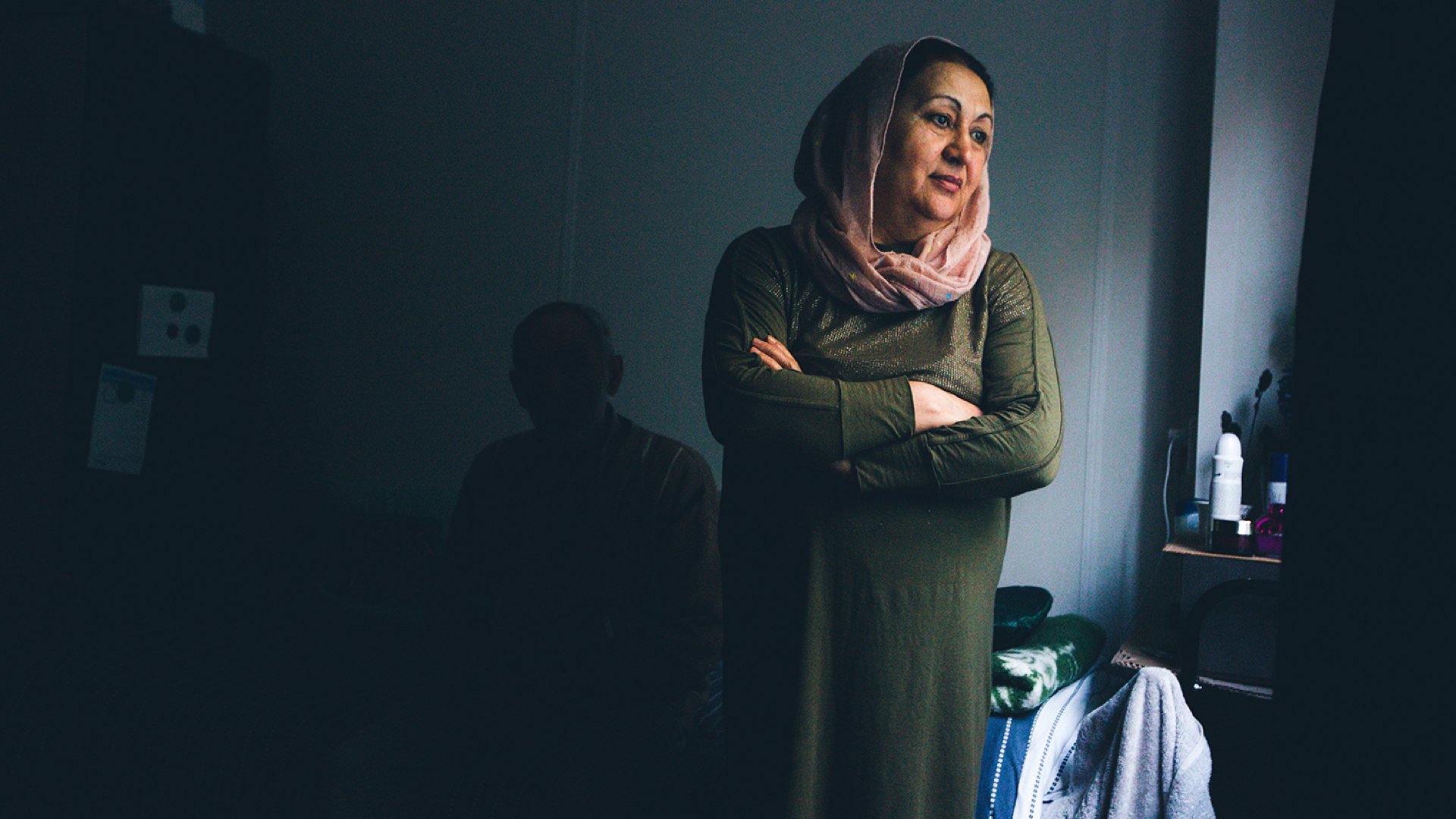
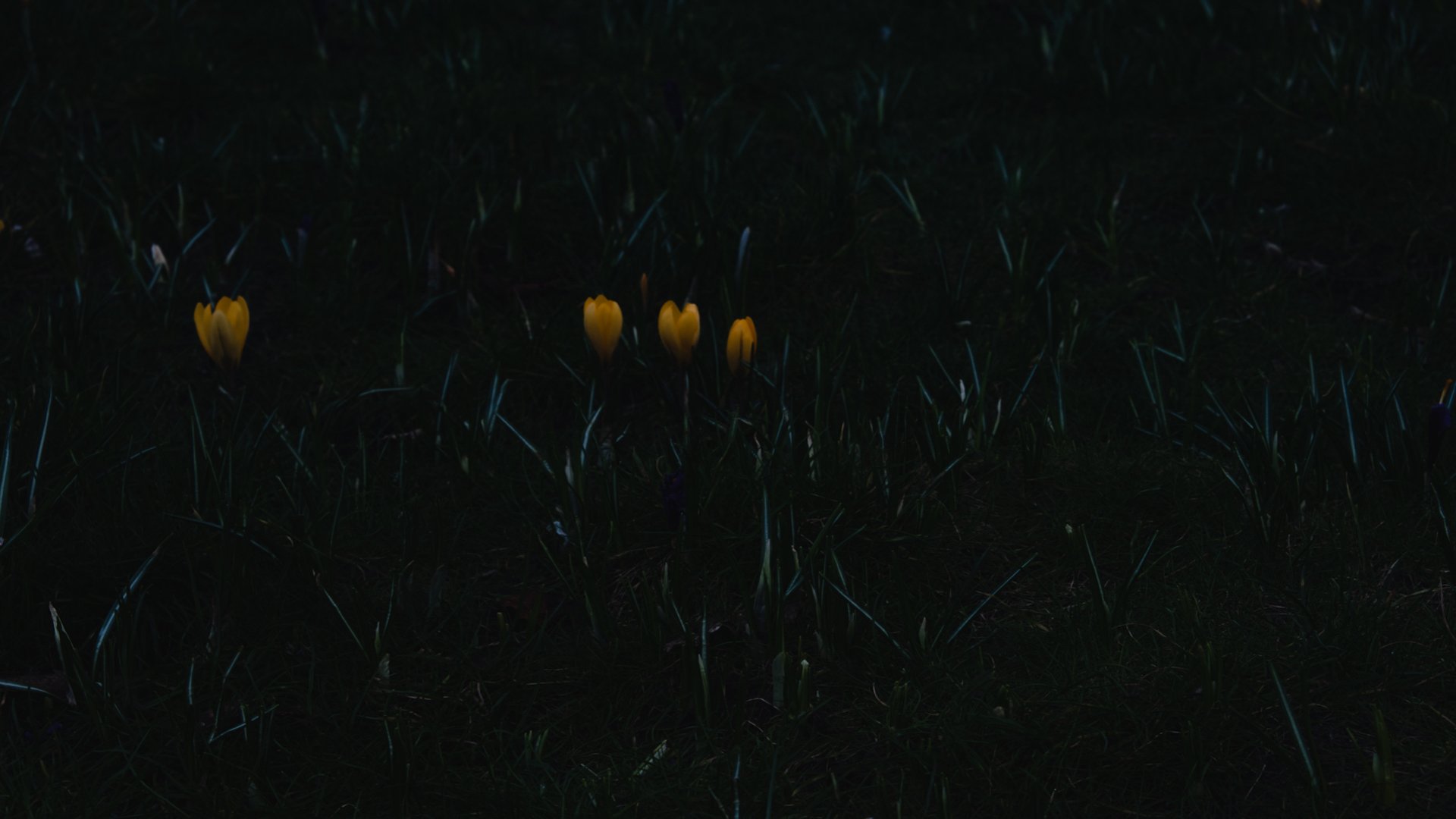
Memories and nostalgia
‘’For these people, like myself and these women in the project, they have been successful in escaping the war. But what about after that? Who are you today? Who am I? I am exploring this interior landscape. I can experience a wide range of emotions in a second: I’ll be happy, nostalgic, sad.’’ Thana says that the impact of fleeing will be there forever. ‘’Memories, home. These feelings will always stay with me; the homesickness, the guilt. You leave people behind who are connected to you. ‘’
Nostalgia and memories are a running theme through her work. Responding to an unfortunate event, losing a big collection of photos of live in Yemen, Thana wrote: ‘’These photos were the windows for me to smell the fresh kabab in the crowded streets of the old city of Sana’a. They are the streets vendors who layout clothes in the sidewalk, women, and children who carry jerry cans. Early mornings that shine a light on unfinished roads, schoolboys on their uniform walking in gangs and claiming their authority over the streets. These were my memory of the ugly and beautiful. These images shaped my sense of reality in Yemen and losing them made me feel unknown and abandoned.’’
When I asked her about this, she says ‘’I wrote this in a pessimistic mood. Because I thought, oh my god, the war is happening, everything will be destroyed and lost. But I found out people just want to continue living and will do exactly that, they go against all odds. I’m sure if I go back now that I will find the kebab, the streets busy and working.’’
“Even though I’m less homesick now, you still get it. You are with people but still you feel lonely. You feel guilty about having a good time, but what about my family.”
‘’Even though I’m less homesick now, it still happens and never fully goes away. You are with people but still you feel lonely. You feel guilty about having a good time, what about my family that I left behind?’’ The conflicting feelings of home being in Yemen and making a new home in the Netherlands are hard to deal with. ‘’For example, my new-born child, who was born here. I’m really curious how we deal with that. What do we teach our children? Is he going to be Dutch or Yemeni?‘’
The question if Netherlands feels like home prompts a silence; ‘’hmm, home… Thana ponders and trails off. Then she says ‘’You know yesterday a friend asked me to do a relaxing exercise, close your eyes and imagine a place where you feel at home. And I couldn’t even imagine that. I don’t have it. So the Netherlands is not yet home. It still feels temporary. That sense of not knowing what comes next. But I’m happy here.’’
Besides photography Thana also mentors and teaches students in the Netherlands. ‘’It is a graduating project at, Royal academy of Art, in the Hague. It made sense to start teaching after a while. You also want to observe people, what do they make? It is really inspiring to see how my students evolve through their work, I can learn a lot from that. One day I hope to take my experience in teaching back home.’’
Want to know more? Visit thanafaroq.com and follow her on Instagram and LinkedIn | Story and photos by Thijs Broekkamp

